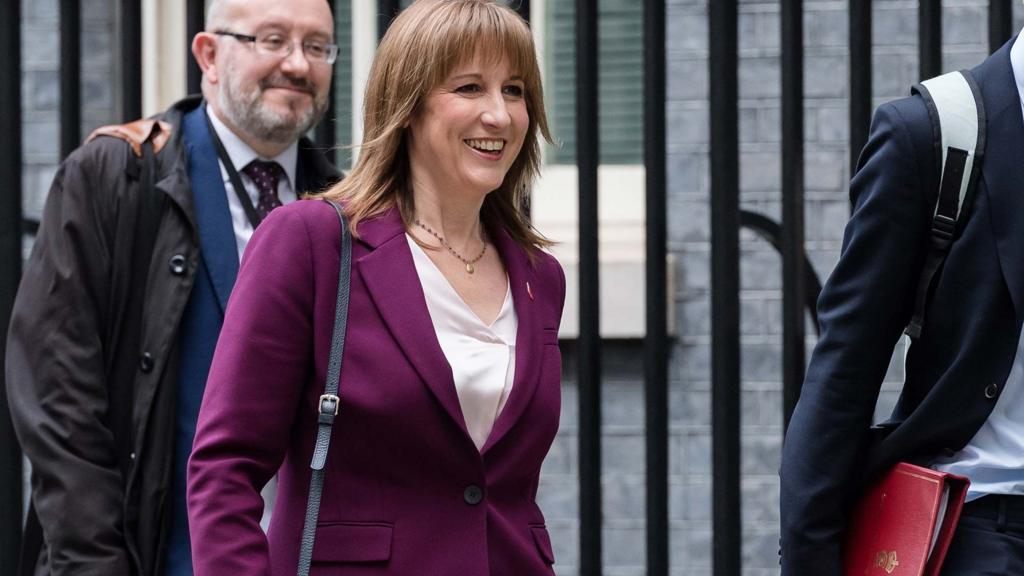It has been dubbed the 50-year tax taboo.
More than half a century has passed since a Chancellor of the Exchequer last opted to raise the basic rate of income tax – a decision made by Labour’s Denis Healey during his Budget address on April 15, 1975.
None of his successors have followed suit in the intervening years.
Could Rachel Reeves break this precedent in just three weeks?
This question loomed large over Downing Street as reporters arrived before dawn for the Chancellor’s breakfast speech and subsequent news conference.
Traditionally, the weeks leading up to a Budget are filled with speculation from various sources, excluding the Chancellor. This time, however, is different.
Why the change?
Call it “softening up,” “expectation management,” or “pitch-rolling” – it all points to preparing the public for potentially unpopular choices.
Reeves’ decision to utilize Downing Street’s broadcasting facilities, specifically the news conference room in No. 9, underscores the magnitude of what she’s considering for the end of the month.
While not revealing all, the actual decisions, including which taxes will increase and by how much, are reserved for the Budget announcement.
The morning’s event focused on the rationale behind her potential actions. A senior figure likened the news conference to the introductory pages of the Chancellor’s Budget Day speech, outlining the economic landscape before announcing specific measures.
Reporters often skim over these introductory remarks on Budget Day, as the specific choices tend to be more newsworthy than the underlying arguments.
Therefore, the Treasury’s strategy was to present the argument in isolation, ensuring it receives due attention.
Expect considerable focus on page 21 of Labour’s election manifesto in the coming weeks.
It explicitly states: “Labour will not increase taxes on working people, which is why we will not increase National Insurance, the basic, higher or additional rates of income tax, or VAT.”
This prompted me to read the passage verbatim to the Chancellor during the news conference, holding them accountable for their promises on your behalf.
Reeves stated that she considered it a “courtesy” to outline the potential trade-offs under consideration.
Senior government officials recognize that significantly deviating from this manifesto pledge would be highly visible and potentially define the leadership of both Sir Keir Starmer and Reeves.
Of course, Reeves may ultimately decide against raising income tax, allowing her to claim that “it wasn’t as bad as you thought.”
However, economists suggest that the government may have exhausted other options, given the current state of public finances.
Few now dispute that taxes will rise in some form.
Sign up for our Politics Essential newsletter to stay informed on the latest developments in Westminster and beyond.

